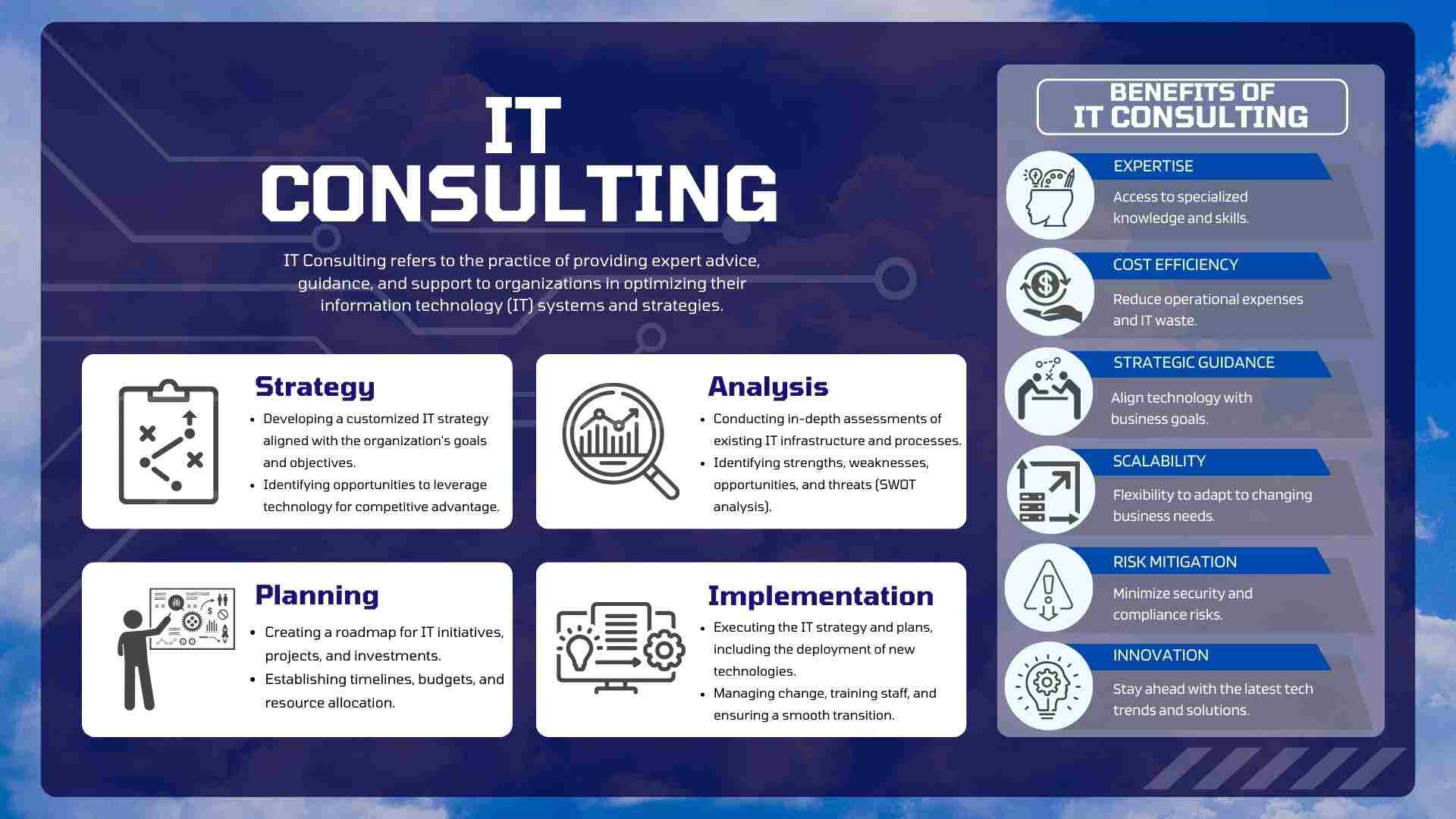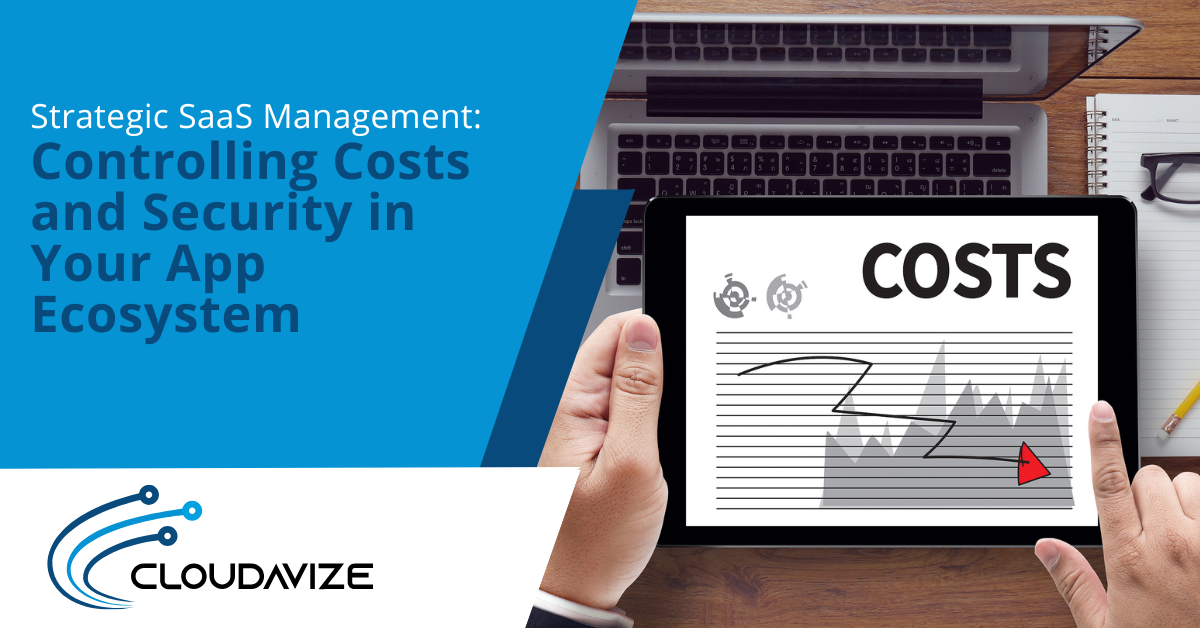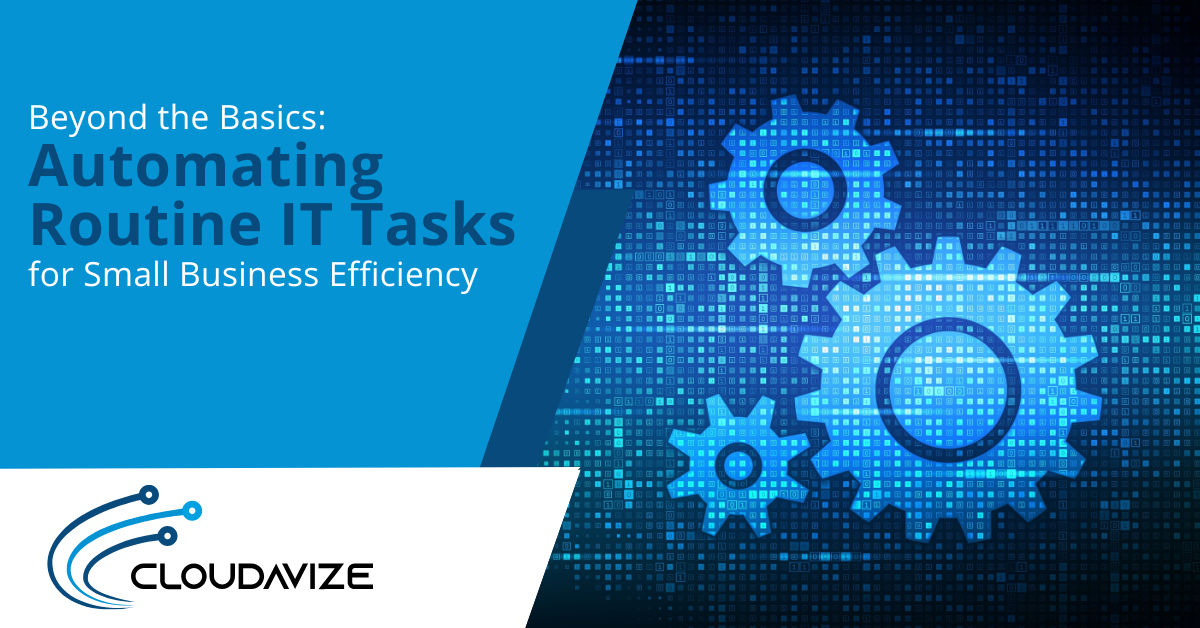What is IT Consulting?
IT Consulting is an advisory service where IT experts help companies strategize, plan, and implement different technologies to meet their needs. It includes providing expert advice, tech guidance, and actionable plans to ensure businesses use their IT infrastructure efficiently for enhanced security and productivity.
IT consultant services evaluate organizations’ technology requirements, identify areas for improvement, and deploy solutions to increase efficiency, security, and effectiveness. Some key areas are strategic planning, system integration, cybersecurity, cloud services, IT infrastructure, and digital transformation. Industries like finance, healthcare, manufacturing, retail, and education mostly require IT consulting to stay compliant and competitive with industry standards.
According to GlobeNewswire, the information technology consulting services market is projected to grow significantly, reaching $1179.67 billion by 2031, with a compound annual growth rate (CAGR) of 4.49%, highlighting the increasing demand for these services. Businesses use these services to optimize their IT infrastructure, save money on security, and solve complex technical issues. IT consultants help companies use up-to-date, modern technologies and ensure the business can continue to be carried out efficiently without interruption so that their systems remain scalable, secure, and aligned with future business objectives.
Table of Contents
Types of IT Consulting Services
IT Consulting services encompass a variety of competencies that assist businesses in tuning and perfecting technology strategies, systems, platforms, and computers. Here are the five primary IT consultancy solutions that cater to various parts of a company’s IT requirements.
IT Strategy Consulting
IT Strategy Consulting includes developing an all-encompassing plan that harmonizes a company’s technology infrastructure with its business objectives, ensuring every IT dollar spent further drives meaningful business growth. This type of consulting includes assessing the current IT environment, such as governance, infrastructure complexity, and application integration, while plotting strategic intents like software development, modernization, and cloud migration. Consultants realize that a good IT consultant company will give detailed investment estimates and the time required for these initiatives, ranking them in terms of urgency and best ROI.
Network and Cybersecurity Consulting
Network and Cyber Security Consultation provides customized solutions for businesses concerned with safeguarding their IT networks, mitigating cyber threats, and complying with industry regulations. Network consultants conduct a comprehensive review of the business IT ecosystem to find and fill security vulnerabilities by installing substantial security protocols against unauthorized access, data loss/theft, and potential cyberattacks, ensuring HIPAA, GDPR, or PCI-DSS standards for healthcare, finance, and retail industries.
Cloud and IT Solutions Consulting
Cloud and IT Solutions Consulting can help your firm adopt and manage cloud services to enhance scalability, flexibility, and cost efficiency. IT consultant services help companies review and refine their plans with cloud solutions and workflows, guiding them to move to the public or private clouds. Some provide end-to-end ID3 systems, while others enable organizations to adopt next-generation technologies like artificial intelligence (AI) and machine learning (ML) that optimize all IT operations of industries such as retail and manufacturing.
IT Procurement and Backups & Business Continuity
IT Procurement and Backup & Business Continuity Consulting ensures businesses purchase the best technology solutions and implement robust backup and disaster recovery to ensure operational resilience. This service helps finance and healthcare organizations acquire suitable technology at an appropriate, cost-effective price while preserving critical data from unexpected disruptions that help save time during downtimes, eventually keeping business operations up and running.
Digital Transformation Consulting
Digital Transformation Consulting helps organizations embrace the full breadth of digital technologies across every dimension and aspect to enhance efficiency and productivity, enable superior customer-centricity, and innovate new products/services. IT consultants help organizations better understand and execute digital strategies related to different aspects such as Digital Customer Experience, Digital Finance, Digital Supply Chain, Digital Customer Service, Industry 4.0 trends, and Healthcare Digitization, modernizing operations processes while delivering growth enabled by technology in a new-age marketplace.
Benefits of Engaging IT Consultants
Employing IT consultant firms has substantial perks for companies looking to streamline their IT systems, enhance productivity, and solve distinct technology issues. The benefits depend on whether they serve as in-house employees or outsourced experts. These are the major advantages of both methods.
In-House IT Consultants Benefits
- Making hardware and IT environment more efficient
- Enhancing efficiency and reducing power outages
- Expertise and experience
- Objectivity
- Access to resources
- Confidentiality
Outsourcing IT Consultants Benefits
- Leveraging external expertise and resources
- Accessing specialized IT consultancy services
- Lower costs
- Increased efficiency
- Variable capacity
- Increased focus on strategy and core business requirements
- Adaptability to changing business conditions
- Accelerated time to market
Technologies Utilized by IT Consultants
IT consulting companies utilize various cutting-edge technologies to improve business processes and increase decision-making. They most frequently use these top four technologies to help businesses remain competitive and secure in today’s digital landscape.
1. Internet of Things (IoT) and Big Data
This technology helps businesses acquire and analyze large data sets to get insights relevant to decision-making. With over 18.8 billion connected devices worldwide, according to IoT analytics, IoT fosters control of connections and automation that will allow businesses to perform a variety of tasks like preventive machinery maintenance, energy optimization, and remote diagnostics. In business decision-making, big data analytics helps to get credible insights based on massive-scale data.
2. Cloud Computing and Artificial Intelligence
Adopting cloud computing and artificial intelligence helps businesses utilize their IT infrastructure. It provides companies with adaptability in terms of scaling resources on demand and better data security. Cloud solutions aid companies in deploying applications quickly, smooth cloud migration, and cost-effective IT operations. AI technologies are decision-making aids and task automation that add to operational efficiency.
3. Machine Learning and Data Science
Machine Learning (ML) and Data Science solutions for data analytics performance analysis and predictive maintenance. Tasks such as natural language processing, root cause analysis, and data-based forecasting can use pre-trained ML models to support companies in increasing their operational efficiency and pattern detection, which leads to successful decision-making. These technologies are necessary for different types of humans and several applications, like facial recognition and e-commerce personalization.
4. Blockchain, Augmented Reality, and Cybersecurity
Data security and cybersecurity technologies such as Blockchain and Augmented Reality (AR) help secure data and maintain transparency across industries. While blockchain boosts secure transactions and transparent supply chain management, AR facilitates the overlaying of virtual objects over real-world environments, improving marketing and education. Cybersecurity tools secure businesses from insider and outsider threats by protecting IT systems against cyberattacks and meeting security standards.
Core Responsibilities and Tasks in IT Consulting
IT consulting businesses perform various functions that assist companies in optimizing their use of technology and securing valuable information. The key duties and works of IT consulting are mentioned here.
- Assessing Client Needs: By evaluating a firm’s existing IT infrastructure, IT consultants can outline the gaps for improvement. This requires understanding what you are dealing with, researching business requirements, and figuring out which technology best serves those needs.
- Developing IT Strategies: This involves developing tailor-made IT strategies to align with business goals. Technology consultants create scalable solutions that promote business growth and ensure cost-effective IT investments.
- System Design and Implementation: IT consultants introduce, operate, and perfect IT systems. This covers establishing or enhancing new systems for greater efficiency, security, and usability.
- Cybersecurity Planning: Implementing cybersecurity processes to defend an organization’s information and systems from cyber threats is significant. Consultants apply security measures and continuously monitor vulnerabilities to protect recent digital assets.
- Project Management: Another critical responsibility is auditing IT projects from initiation to finish. IT Consultants oversee the timelines and resources necessary to complete projects on time and within scope/budget.
- Training and Support: Embracing digital technologies is essential for business expansion, offering training on new systems, and ensuring ongoing technical assistance for employees. Consultants assist firms in adopting and troubleshooting new tools.
- Vendor Management: Consultants manage vendor relationships and contract negotiation for IT services and products. They hold vendors accountable for their obligations and are responsive regarding their technology support services.
- Continuous Improvement: Updating IT strategies regularly is part of evolving with business requirements. A consultant will help a business refine its IT plans so that they are constantly updated and working well.
- Data Management and Analysis: IT consultants secure data storage, processing, and analysis solutions. They provide a systematic way for businesses to make data decisions and maintain compliance with data privacy regulations.
- Compliance and Risk Management: It is essential to ensure that a business IT system complies with industry regulations. IT consultants devise risk management strategies and reduce IT-specific risks to enforce compliance with regulatory requirements on all technology initiatives.
Management Aspects in IT Consulting
Effective management and IT security are critical in IT consultation for strong business infrastructure management and focus on security. Their tasks include software management, risk assessment, disaster recovery, and network design. Following are some core responsibilities:
- Overseeing Software Management and Enterprise Resource Planning (ERP) Services: IT consultants assist in planning, tracking, and execution of software projects to match client requirements. They prefer accounting or project management tools while ensuring the chosen software is critical for the business purpose and security perspective. Performance metrics for total execution veracity support this.
- Risk Assessment and Disaster Recovery Planning: IT consultants uncover security risks and analyze their repercussions. They create disaster recovery plans to back up data and systems so they can be restored in the case of a cyber-attack or power failure, allowing businesses continuity. They aim to reduce risk while protecting assets at all costs.
- Scheduling and Tracking Migration and IT Network Design: Consultants manage data migration and ensure smooth system conversion. They architect the IT network and work to build it with high availability and redundancy for better infrastructure stability that would shield your access from any interruption.
Financial Aspect of IT Consulting
The average cost of IT consulting solutions for small and medium-sized businesses (SMBs) ranges between $87.5 and $187.5. It was calculated using the formula:
Summation of Cost / Number of Sources
The sources used for the data are Up Tech, PixelCrayons, Cleveroad, and Auxano Global Services.
Likewise, the price for large and enterprise-level projects is higher due to project complexity, required expertise, and the type of service needed. Pricing structures differ based on the work’s scope, how long you need our services, and whether the services are required onsite or remotely. Below are the major factors and cost aspects related to IT consulting:
Factors Influencing IT Consultant Costs
There are several factors which affect the cost of hiring an IT consultant:
- Expertise level: Consultants with unique skills or many years of experience in the industry demand more fees.
- Technical difficulty of the project: Tasks like cybersecurity or cloud migration are more complex, requiring additional costs.
- Project length: A longer task that takes more resources demands more costs.
- Industry-specific demands: Sectors with specialized needs, like healthcare or finance, often have more stringent requirements, impacting the price.
- Remotely or on-site: In-person consulting will likely add travel costs, making the total price much higher.
Costing as per Work Volume (Specific or Complete)
The pricing model for IT consulting could be two-part: one based on the type of the job and the other depending on how much effort is required to complete it.
- Per-project or per-hour rates: Some flat fees for work, like network setups and software deployments, can be charged on a per-project basis.
- Complex projects: More complex concerns, such as a full IT restructure or ongoing support, can increase the total cost due to all the time and resources required.
What To Look for While Selecting an IT Consultant?
Before outsourcing to an IT consulting solution, companies must consider various essential things that help them select the right expert for their project. Here are some of the most critical qualities to look for in an IT consultant:
- Relevant Expertise: Ensure your potential consulting firm has experience working with project needs.
- Proven Track Record: You need a company with established experience and satisfied customers.
- Clear Communication: The consultant should make the most complex concepts simple and easy to understand.
- Cultural Fit: Pick someone who is an authentic cultural fit to your company’s systems and operations.
- Flexibility and Adaptability: This is the core trait of a consultant when navigating changing process demands.
- Strong References: The most important are strong references from previous customers for trustworthiness.
- Cost-Effectiveness: The cost should be reasonable but not at the expense of quality.
- Certifications and Qualifications: Check the consultant’s certifications and ensure they are current on the latest information.
- Project Management Skills: Good project management ensures that target deliverables are met on time and within budget.
- Long-Term Support: For reliable services, choose a consultant who offers support and maintenance (e.g., bug fixing) from time to time for the future of your software product.



